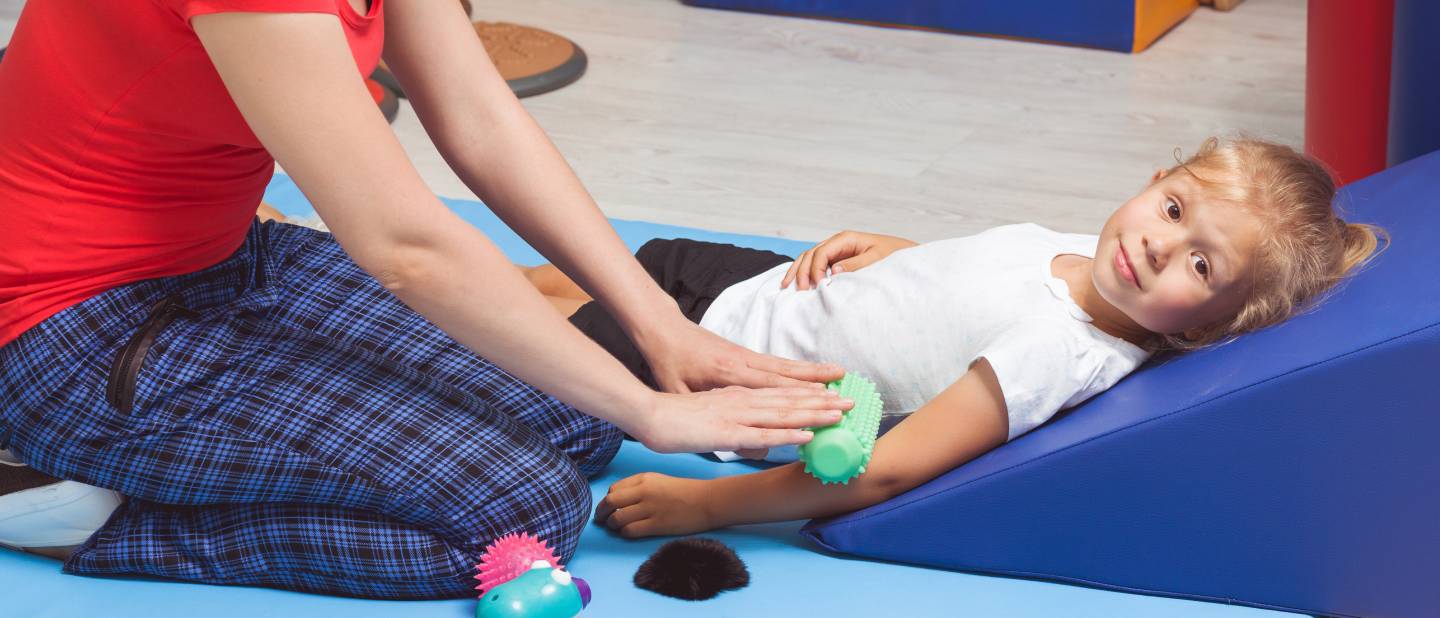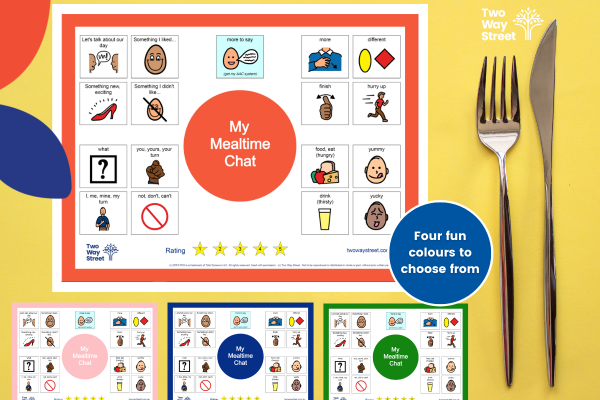
A guide to helping a child with sensory processing disorder
Occupational therapists commonly treat children (and adults) with sensory processing difficulties. Treatment will depend on what’s found during an assessment and your child’s needs. Usually, it involves helping children to function better by working on activities they are struggling with. It might also include helping children become more aware of what’s happening in their bodies and learning to tolerate sensory inputs.
How occupational therapy helps children with sensory issues:
Most occupational therapy approaches to managing sensory processing disorder come under the umbrella of sensory integration therapy (SI). The goal of sensory integration is to challenge the child in a controlled, stimulating environment to help them learn to respond appropriately to sensory inputs and function more normally.
SI uses fun, playful activities that allow your child to experience sensory stimuli without feeling overwhelmed.
Some occupational therapy approaches for supporting children with SPD include:
• Physical skills development – helping your child develop strength and coordination so they can function better and participate in social and educational opportunities.
• Education – teaching you about appropriate management strategies and helping your child to cope more effectively with sensory inputs.
• The Alert (Engine) program – this teaches children about self-regulation using sensory and cognitive (thinking) strategies.
• The M.O.R.E program – this uses motor (movement) components, oral organisation, respiratory demands, and eye contact to assist with sensory regulation.
• Recognising triggers – teaching parents, carers and teachers about ways to manage the environment.
• Functional skills development – this is about helping your child develop practical skills such as sitting upright in a chair, handwriting and self-care skills like feeding and dressing.
• Managing behaviour – the occupational therapist may suggest strategies to help you develop a consistent and appropriate response to behavioural issues.
Sensory program
Often, what’s known as a sensory program (also sometimes called a ‘sensory diet’) will be used as part of therapy. A sensory diet is a list of sensory activities for use at home and school. The activities are designed to provide sensory feedback to help your child stay organised and focused throughout the day.
Your child’s sensory diet will be tailored to suit their challenges and needs. It might include things such as scheduling a time every hour to go for a short walk, access to fidget toys during class, or use of headphones so your child can listen to music while they’re working.
Sensory feeding therapy
Unlike the sensory diet, this type of therapy for children with processing issues is related to real food! Children with SPD may be more sensitive to the tastes, smells, sights and textures of certain foods.
Sensory feeding therapy involves introducing new foods in a way that helps your child become gradually desensitised to them. It starts with foods your child is comfortable with and builds from there.
For example, first you have your child explore new foods using familiar cutlery, and introduce new foods that are similar to those they are already comfortable with.
The goals of feeding therapy include identifying appropriate feeding milestones and developing your child’s feeding skills and their behaviours around new and different foods.
Feeding therapy can help children with sensory issues to manage new and different foods.
Helping a child with SPD
In addition to therapies, there are several ways you can support your child with sensory issues, including:
• Having a regular routine and providing advance notice of any expected changes
• sing visual cues (such as hand signals) to support routines and introduce new or different tasks
• Being aware of how environmental changes (e.g. a noisy truck going past or flashing lights on TV) may impact your child’s behaviour
• Knowing your child’s strengths, challenges and areas of interest
• Allowing extra time to complete challenging tasks if necessary
• Considering extra support at school if needed
Your therapists can provide advice about specific strategies to support your child with a sensory disorder.
This guide is brought to you by Growing Early Minds. For more information on how they can support your child and family visit growingearlyminds.org.au or call 02 9622 8500







